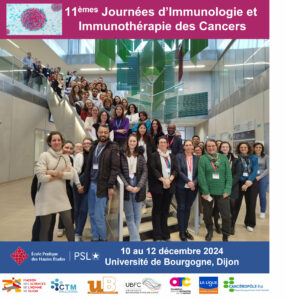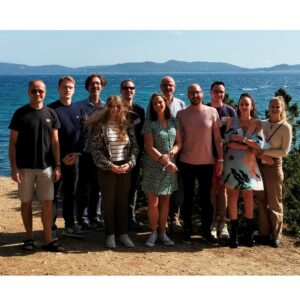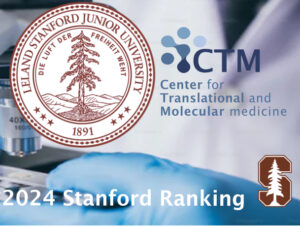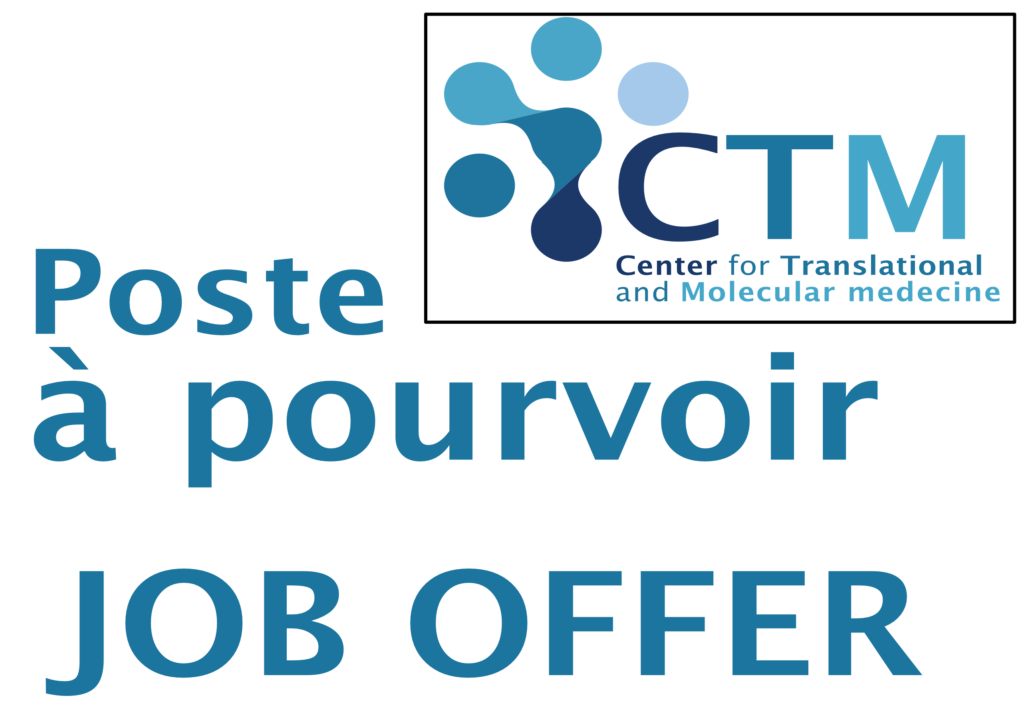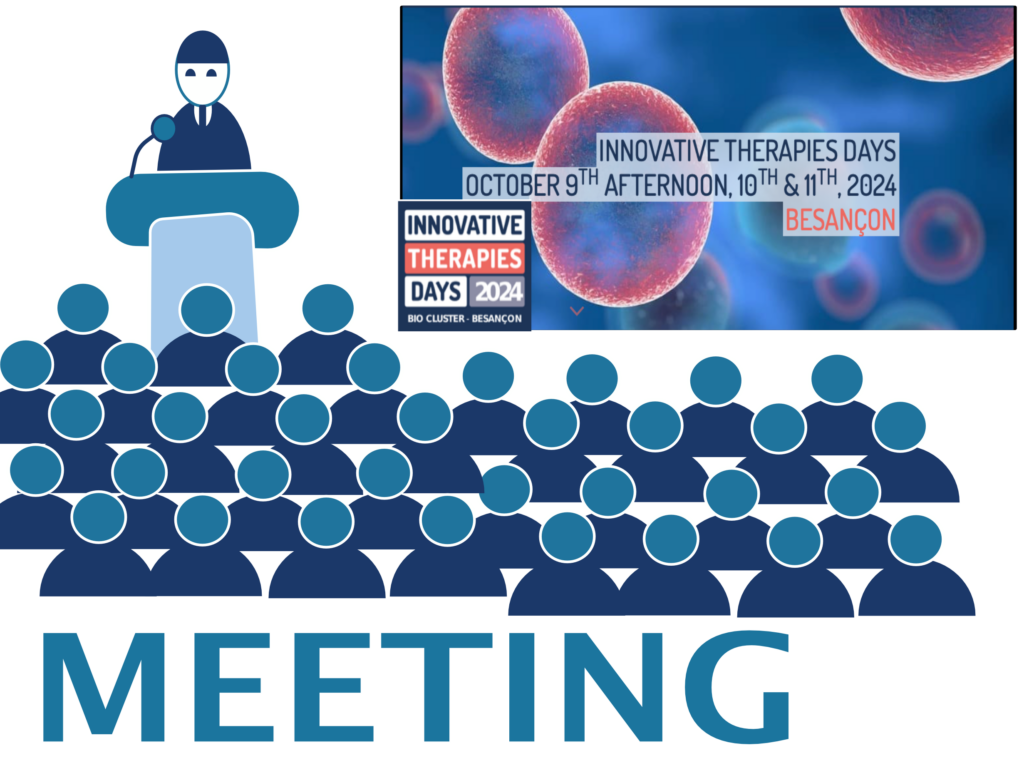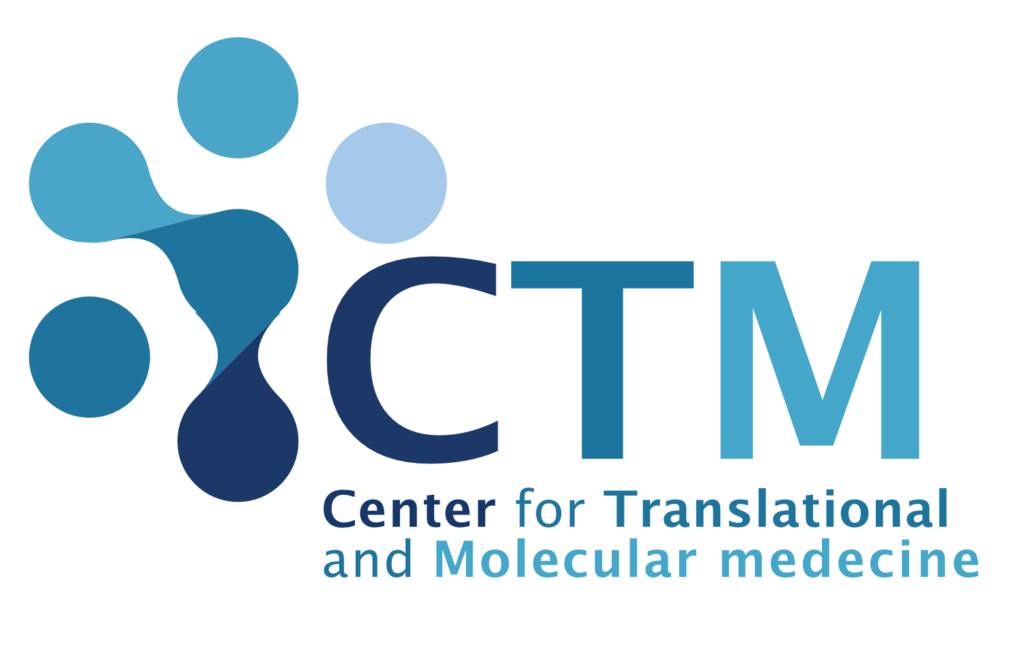Actuality
About us
The Research Centre UMR1231- LNC was initially created as UMR866 “Lipids, Nutrition, Cancer-LNC” on 1 January 2007 and is the result of a joint programme of several groups which led to the signature of a four-year contract with INSERM, the University of Burgundy and the EPHE. The founding teams of the LNC Research Centre are from INSERM units U498 (“Intravascular metabolism of lipoproteins”), U517 (“Cell death and cancer”), and EPI-106 (“Epidemiology of digestive cancers”)
Publications
Olivier Micheaujanvier 14, 2025Equipe DesCarTes
Olivier Micheau* and Sylvie Fournel
ACS Nano 2025, 19. DOI: 10.1021/acsnano.4c1772 [...]
Lire la suite…
Olivier Micheaumai 7, 2024Equipe DesCarTes
Groeneveld CS, Sanchez-Quiles V, Dufour F, Shi M, Dingli F, Nicolle R, Chapeaublanc E, Poullet P, Jeffery D, Krucker C, Maillé P, Vacherot F, Vordos D, Benhamou S, Lebret T, Micheau O, Zinovyev A, Loew D, Allory Y, de Reyniès A, Bernard-Pierrot I, Radvanyi F.
European Urology 2024, May;85(5):483-494.
Background
Molecular understanding of muscle-invasive (MIBC) and non–muscle-invasive (NMIBC) bladder cancer is currently based primarily on transcriptomic and genomic analyses.
Objective
To conduct proteogenomic analyses to gain insights into bladder cancer (BC) heterogeneity and identify underlying processes specific to tumor subgroups and therapeutic outcomes.
Design, setting, and participants
Proteomic data were obtained for 40 MIBC and 23 NMIBC cases for which transcriptomic and genomic data were already available. Four BC-derived cell lines harboring FGFR3 alterations were tested with interventions.
Intervention
Recombinant tumor necrosis factor-related apoptosis-inducing ligand (TRAIL), second mitochondrial–derived activator of caspases mimetic (birinapant), pan-FGFR inhibitor (erdafitinib), and FGFR3 knockdown.
Outcome measurements and statistical analysis
Proteomic groups from unsupervised analyses (uPGs) were characterized using clinicopathological, proteomic, genomic, transcriptomic, and pathway enrichment analyses. Additional enrichment analyses were performed for FGFR3-mutated tumors. Treatment effects on cell viability for FGFR3-altered cell lines were evaluated. Synergistic treatment effects were evaluated using the zero interaction potency model.
Results and limitations
Five uPGs, covering both NMIBC and MIBC, were identified and bore coarse-grained similarity to transcriptomic subtypes underlying common features of these different entities; uPG-E was associated with the Ta pathway and enriched in FGFR3 mutations. Our analyses also highlighted enrichment of proteins involved in apoptosis in FGFR3-mutated tumors, not captured through transcriptomics. Genetic and pharmacological inhibition demonstrated that FGFR3 activation regulates TRAIL receptor expression and sensitizes cells to TRAIL-mediated apoptosis, further increased by combination with birinapant.
Conclusions
This proteogenomic study provides a comprehensive resource for investigating NMIBC and MIBC heterogeneity and highlights the potential of TRAIL-induced apoptosis as a treatment option for FGFR3-mutated bladder tumors, warranting a clinical investigation.
Patient summary
We integrated proteomics, genomics, and transcriptomics to refine molecular classification of bladder cancer, which, combined with clinical and pathological classification, should lead to more appropriate management of patients. Moreover, we identified new biological processes altered in FGFR3-mutated tumors and showed that inducing apoptosis represents a new potential therapeutic option.
Keywords:
Bladder cancer
FGFR3
Proteogenomics
Proteomics
TRAIL; signalling [...]
Lire la suite…
Olivier Micheaumai 7, 2024Equipe DesCarTes
Guerrache A & Micheau O
Cells 2024, 13(6), 521; https://doi.org/10.3390/cells13060521TNF-related apoptosis-inducing ligand (TRAIL or Apo2 or TNFSF10) belongs to the TNF superfamily. When bound to its agonistic receptors, TRAIL can induce apoptosis in tumour cells, while sparing healthy cells. Over the last three decades, this tumour selectivity has prompted many studies aiming at evaluating the anti-tumoral potential of TRAIL or its derivatives. Although most of these attempts have failed, so far, novel formulations are still being evaluated. However, emerging evidence indicates that TRAIL can also trigger a non-canonical signal transduction pathway that is likely to be detrimental for its use in oncology. Likewise, an increasing number of studies suggest that in some circumstances TRAIL can induce, via Death receptor 5 (DR5), tumour cell motility, potentially leading to and contributing to tumour metastasis. While the pro-apoptotic signal transduction machinery of TRAIL is well known from a mechanistic point of view, that of the non-canonical pathway is less understood. In this study, we provide the current state of knowledge of TRAIL non-canonical signalling.
Keywords:
apoptosis; metastasis; migration; EMT; cancer; TNF; TRAIL; signalling [...]
Lire la suite…
Francois Hermetetjanvier 25, 2024Privat M, Massot A, Hermetet F, Al Sabea H, Racoeur C, Mabrouk N, Cordonnier M, Moreau M, Collin B, Bettaieb A, Denat F, Bodio E, Bellaye PS, Goze C, Paul C. Development of an Immuno-SPECT/Fluorescent Bimodal Tracer Targeting Human or Murine PD-L1 on Preclinical Models. J Med Chem. 2024 Jan 25. doi: 10.1021/acs.jmedchem.3c02120. Epub ahead of print. PMID: 38270503.
Avec la participation de la Plateforme CRISPR Genomics (CRIGEN) de l’UMS58 BIOSAND à Dijon. Conseil, conception et réalisation à façon d’expériences d’édition génomique et de criblages génétiques par CRISPR-Cas9.
Avec la participation des Plateformes d’Imagerie et de radiothérapie précliniques (PIRP) et d’Imagerie et de Cytométrie (Imaflow) de l’UMS58 BIOSAND à Dijon.
https://pubs.acs.org/doi/full/10.1021/acs.jmedchem.3c02120 [...]
Lire la suite…
Francois Hermetetnovembre 9, 2023Roussot N, Fumet JD, Limagne E, Thibaudin M, Hervieu A, Hennequin A, Zanetta S, Dalens L, Fourrier T, Galland L, Jacob P, Bertaut A, Rederstorff E, Chevalier C, Ghirardi S, Gilbert E, Khoukaz A, Martin E, Nicolet C, Quivrin M, Thibouw D, Vulquin N, Truc G, Rouffiac M, Ghiringhelli F, Mirjolet C. A phase I study of the combination of atezolizumab, tiragolumab, and stereotactic body radiation therapy in patients with metastatic multiorgan cancer. BMC Cancer. 2023 Nov 9;23(1):1080. doi: 10.1186/s12885-023-11534-6. PMID: 37946136; PMCID: PMC10633948
Trial registration: This study is registered on ClinicalTrials.gov: NCT05259319, since February 28th, 2022. [...]
Lire la suite…
Francois Hermetetaoût 10, 2023Thibaudin M, Fumet JD, Chibaudel B, Bennouna J, Borg C, Martin-Babau J, Cohen R, Fonck M, Taieb J, Limagne E, Blanc J, Ballot E, Hampe L, Bon M, Daumoine S, Peroz M, Mananet H, Derangère V, Boidot R, Michaud HA, Laheurte C, Adotevi O, Bertaut A, Truntzer C, Ghiringhelli F. First-line durvalumab and tremelimumab with chemotherapy in RAS-mutated metastatic colorectal cancer: a phase 1b/2 trial. Nat Med. 2023 Aug;29(8):2087-2098. doi: 10.1038/s41591-023-02497-z. Epub 2023 Aug 10. PMID: 37563240; PMCID: PMC10427431.
https://pubmed.ncbi.nlm.nih.gov/37563240/ [...]
Lire la suite…


